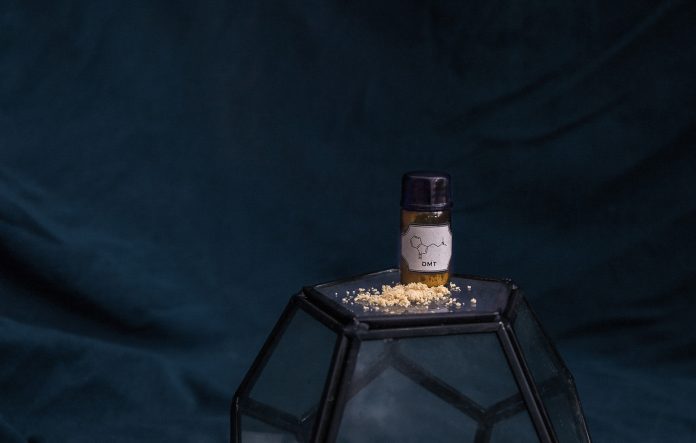A new study by Imperial College London has investigated how DMT affects the human brain via imaging data.
The study involved 20 healthy participants and revealed that there was increased connectivity across the brain along with more communication between different areas.
DMT particularly appears to impact “higher level” functions of the brains such as those associated with imagination.
Also known as the “spirit molecule” thanks to the book of the same name by Dr. Rick Strassman, DMT is a powerful psychedelic that is largely illegal worldwide.
Unlike other “trips” from LSD or psilocybin, a DMT trip is relatively short, lasting minutes rather than hours. Despite this, the strength of the trip can be intense.
Like other psychedelics, DMT is being studied for its possible therapeutic benefits. One possibility is that DMT could be beneficial for treating depression.
Although there is potential for DMT to be used within therapeutics there is little understanding of the effects on brain function which this study and its lead author Dr. Chris Timmerman aimed to resolve.
One of the key criticisms raised by researchers sceptical of psychedelic assisted therapy research is that there remains a lack of understanding of how psychedelics actually work on the brain to resolve such mental illnesses. This study is an attempt to gain a deeper understanding of this issue.
During the study the participants received a dose of 20mg of DMT via an IV. Their brain activity was then captured by brain imaging.
Although not the first study to examine psychedelic effects on the brain via brain imaging, the study is unique in that it is the first to combine the imaging with a highly psychedelic experience.
Imperial College London is one of the leading universities in the world for their research on the benefits of psychedelics when used with therapy. The Centre for Psychedelic Research has studied psilocybin for treating severe depression as well as studies of neuroimaging on psilocybin and MDMA.


